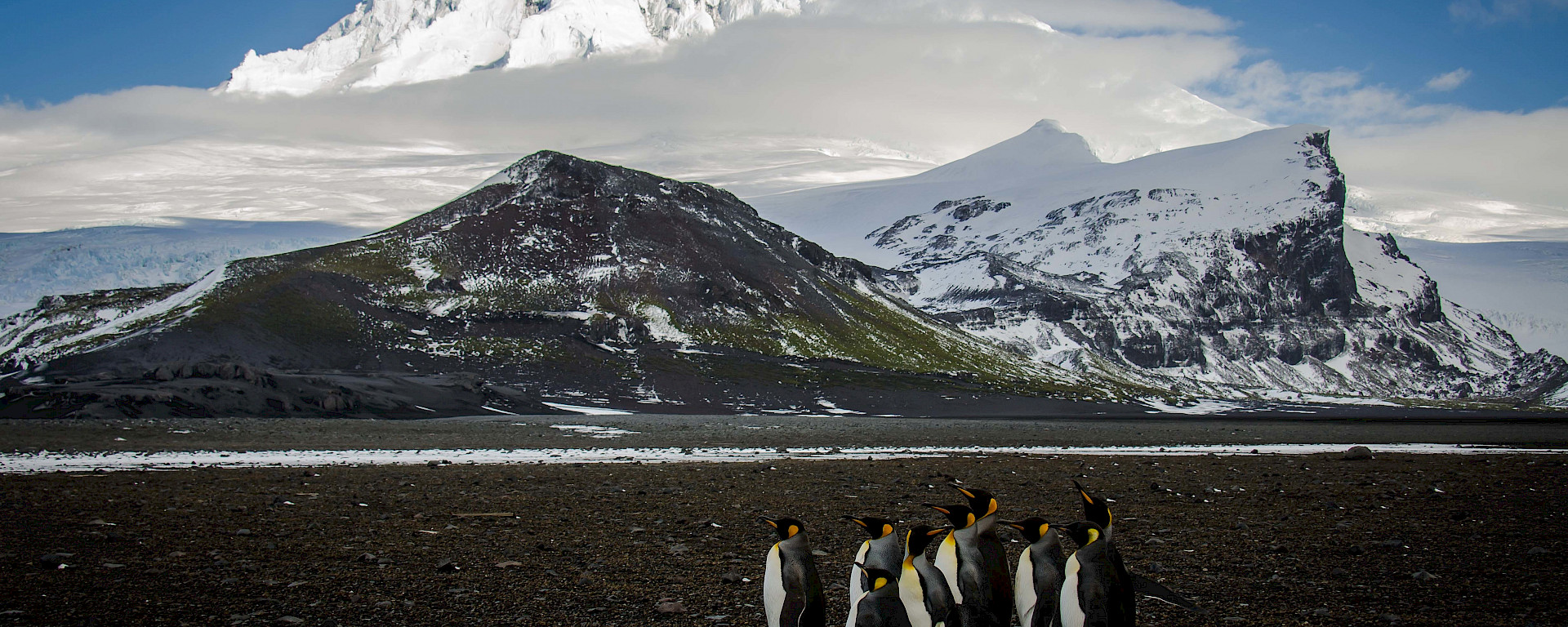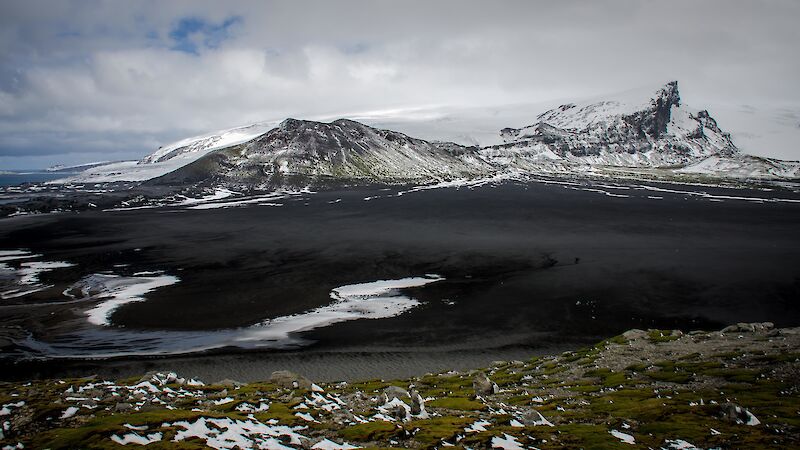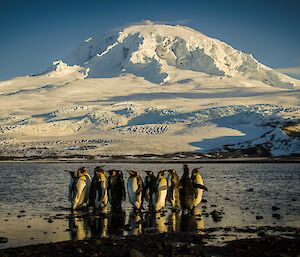Australia’s sub-Antarctic islands could become a refuge for king penguins seeking new breeding grounds as the impacts of climate change may force the birds further south.
Heard Island and Macquarie Island are predicted to become home to greater numbers of king penguins in the future as they seek suitable temperatures in which to mate, lay eggs and rear chicks.
The research, published in Nature Climate Change, uses ecosystem models to reconstruct the changes in the King penguin population over the last 50,000 years and considers the impact of future climate change on this sub-Antarctic species.
Lead author, Dr Robin Cristofari, from the University of Strasbourg in France, said climate change may reduce the availability of habitat for king penguins, which may see them move further south.
“The main issue is that there is only a handful of islands in the Southern Ocean and not all of them are suitable to sustain large breeding colonies,” Dr Cristofari said.
King penguins need a reliable source of food within several hundred kilometres feed their chicks and traditionally they rely on the Antarctic Polar Front, a region in the Southern Ocean where warm and cold waters meet and where large numbers of fish tend to concentrate. The front is currently moving further south, away from the current foraging areas of king penguins.
Australian Antarctic Division’s Antarctic Conservation and Management Program Leader, Dr Dirk Welsford, said the research shows that Heard Island and Macquarie Island may become important refuges for the king penguin.
“Heard Island and Macquarie Island are Australian sub-Antarctic islands and if what the paper predicts comes to pass, Heard Island may become a very important habitat for king penguins.”
Dr Welsford said monitoring changes to the population of species like king penguins over the coming decades would assist with understanding the long term impacts of climate changes and improve models used to make long term predictions.
Australian Antarctic Division seabird ecologist, Dr Barb Wienecke said it’s difficult to monitor king penguin colonies due to their huge size.
“At Macquarie Island we think there may be about 150,000 breeding pairs, but it’s very difficult to get population estimates given the size and location of the colonies,“ Dr Wienecke said.
“On Heard Island, difficulties accessing the site mean we also don’t have a clear picture of the king penguin population, but we do know the sub-Antarctic island is an important feeding and breeding ground for Antarctic wildlife including flying seabirds, elephant seals and penguins.”




